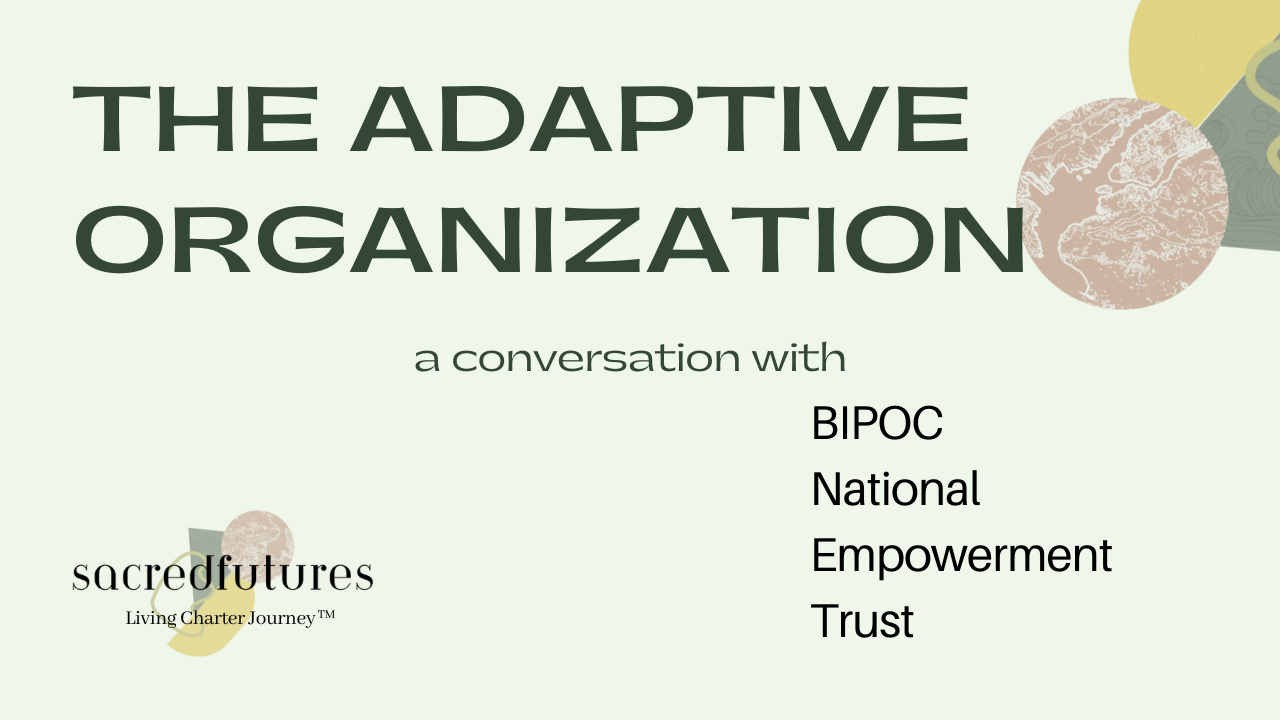The Adaptive Organization: A Conversation with B*NET
The BIPOC National Empowerment Trust (B*NET) is trailblazing in addressing systemic barriers facing farmers of color. As a multi-state nonprofit 501(c)3, B*NET makes essential agricultural, agroforestry, and fishing equipment available to BIPOC farmers, ranchers, and landowners nationwide. B*NET was seeded by Potlikker Capital gathering a group of farmer-led organizations to help address systemic barriers that are preventing socially disadvantaged farmers from equitably participating in our nation’s food systems.
We sat down with Joseph K. Johnson of Texas Agriforestry Small Farmers, Ranchers, and Landowners, one of B*NET's founding members, to discuss how the living charter journey helped shape the foundation of this emerging enterprise.
What challenges led you to pursue the living charter journey?
"Our primary challenge was complex: How could we develop an organization that represented a diverse leadership and membership team without using a traditional organizational structure? We needed to figure out how to balance national leadership with local autonomy in a way that hadn't been done before."
How did the charter process help address these questions?
"The journey provided more balance in everything we did – from how we approached working together on the charter itself to our decision-making processes and collaborative efforts. It really transformed our approach to working together."
Were there any unexpected discoveries along the way?
*One of the most surprising outcomes was discovering how aligned our views actually were even though we had no shared history of working together. Among our thirteen initial members, our thoughts and vision for the organization were remarkably similar.”
How has the charter guided your organization's purpose in practice?
"While we're still in our initial stages, the charter has been instrumental in solidifying our structure and direction. It's given us the cohesiveness we needed to move forward effectively. The charter development exercise was crucial – without it, we wouldn't have achieved the level of shared understanding we have today."
You're relatively new as an organization. How has the charter supported your adaptability?
"Our charter is definitely a living document. As we continue developing new initiatives, we find opportunities to make adjustments that keep the document aligned with our evolving needs. It's been incredibly dynamic. Having a clear system and process for how we interact and work together as an organization has been invaluable, especially in developing our dynamic organizational structure."
Would you recommend this journey to others?
"Definitely! You will gain structure, cohesiveness, and identification of process. I'd particularly recommend it to anyone developing a new organization or even just thinking about starting one."
Note: TASFRL is a Texas based organization, primarily supporting Small Farmers, Ranchers, and Landowners in Texas.
Is your company grappling with questions of self-organizing, decision-making power, participatory governance, roles and responsibilities? Curious about embodying your values as you build an adaptive organization? Get in touch with us to learn more about our Adaptive by Design methodology to organizational development, which begins with the Living Charter formation process.

